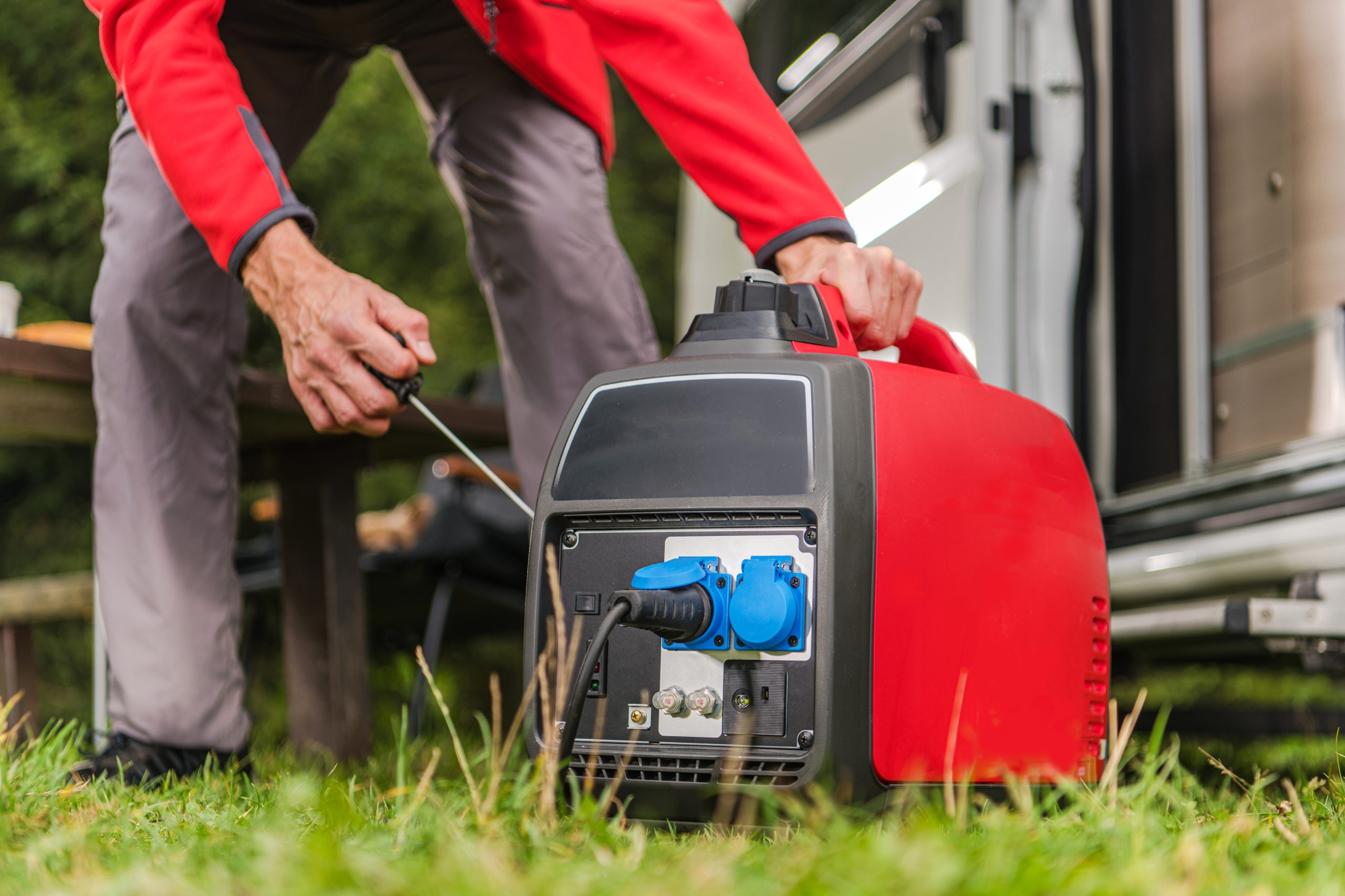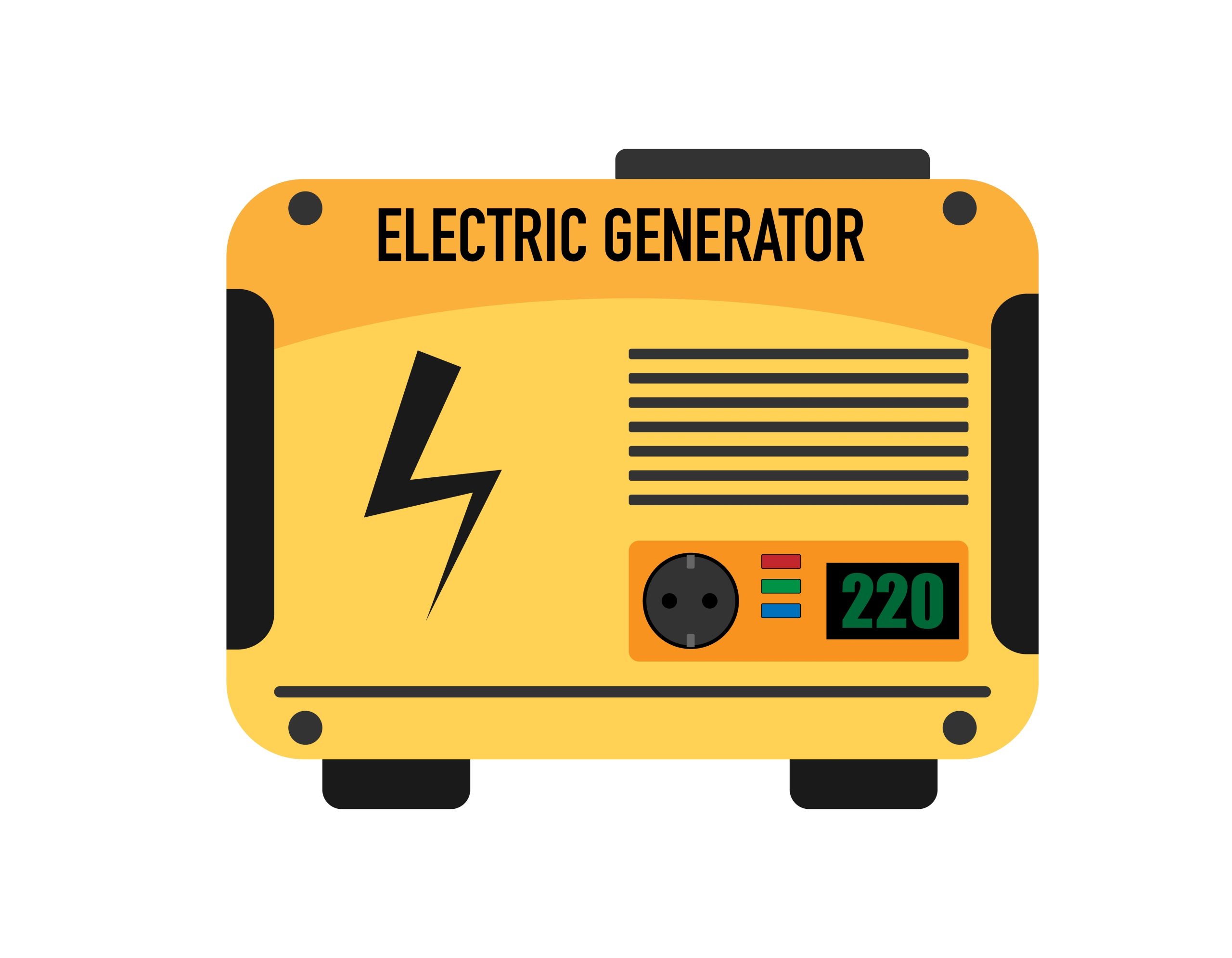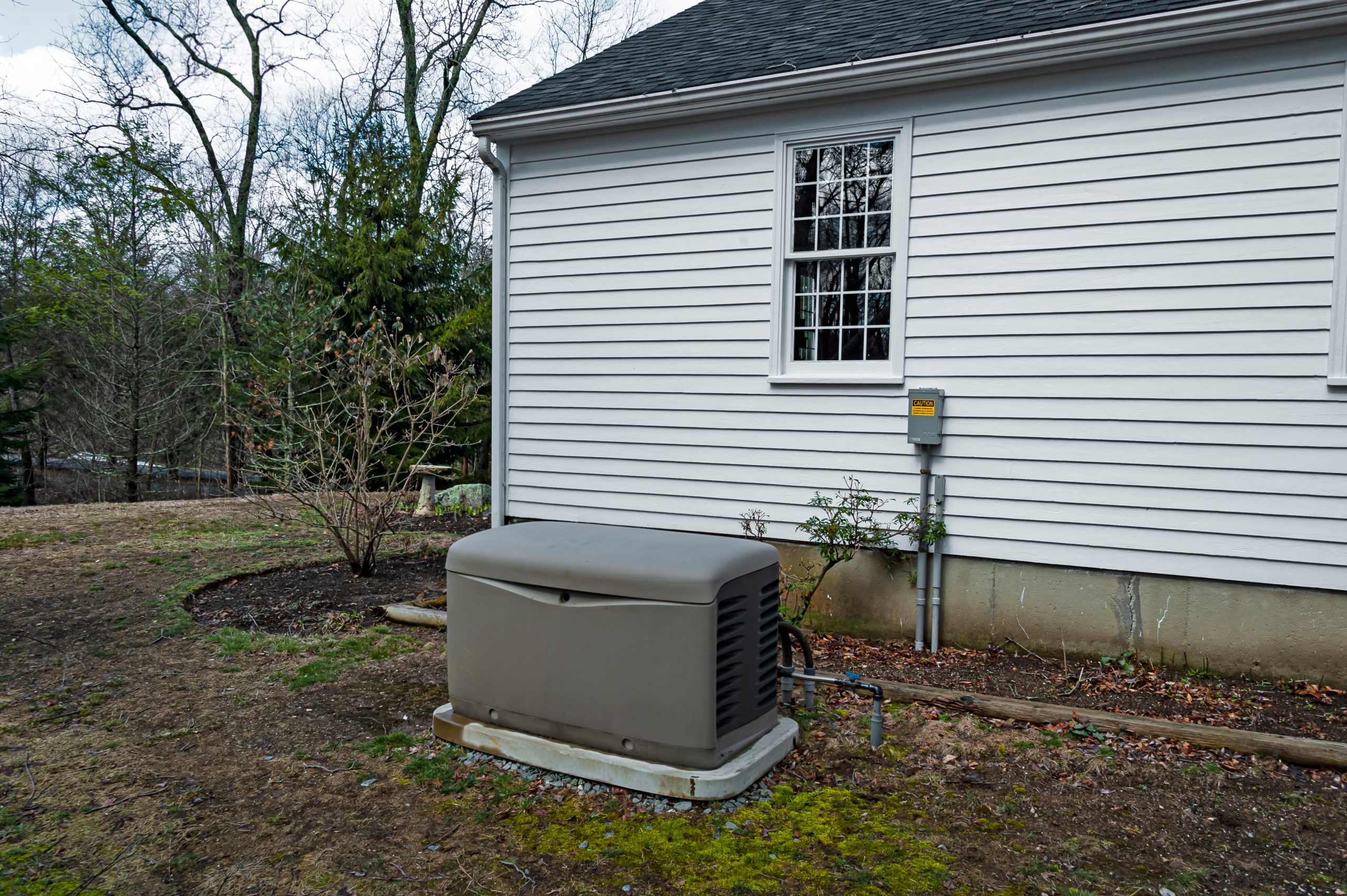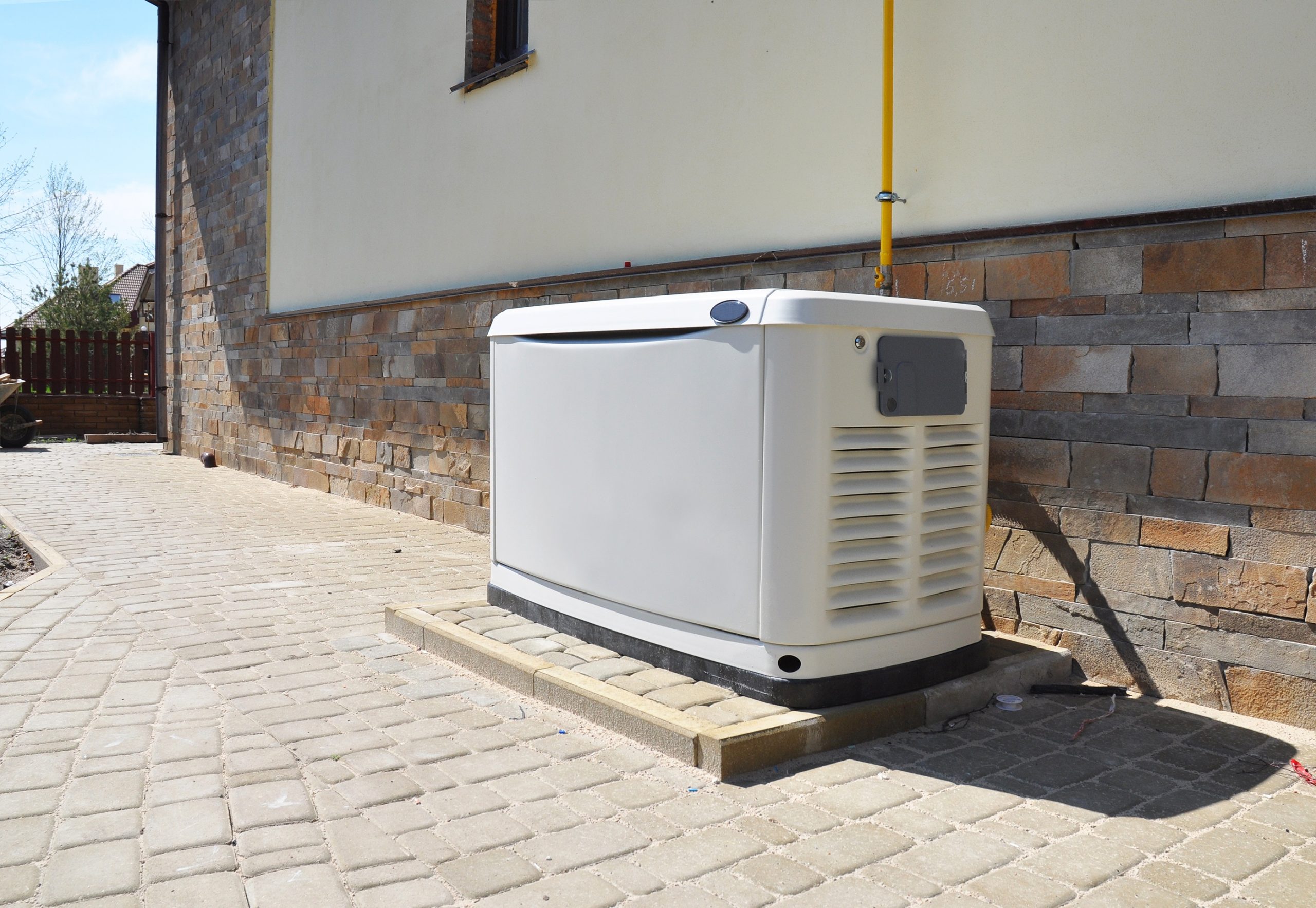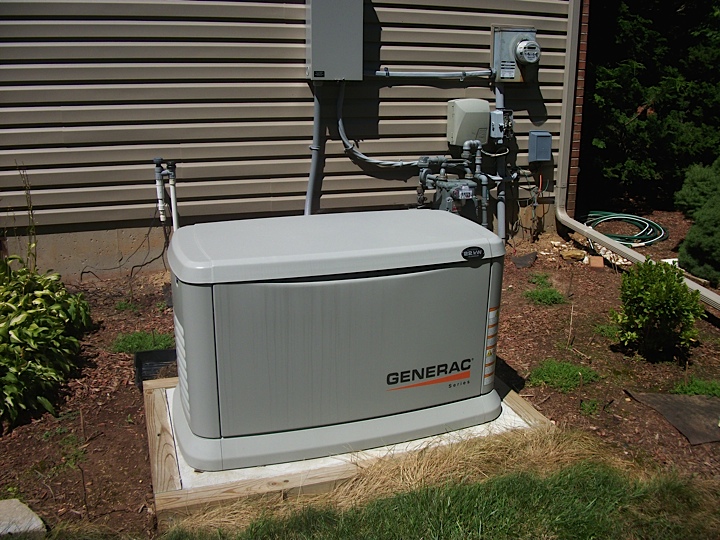Losing power to your home is an uncomfortable experience. If a summer storm knocks out your power, you won’t be able to do much to combat the scorching Carolina days. Worse, your food will go bad, and your phones will only last so long before dying.
A whole house generator comes in handy in situations like these. If you have one, you won’t be alarmed when lightning strikes outdoors. It’s a good idea to grasp how they function and why they’re useful before making such a large investment. In this post, we’ll go over all there is to know about home generators.
HOW GENERATORS WORK IN YOUR HOUSE
Standby or backup generator is another name for a home generator. It connects to your home and provides power when your house’s electricity goes off. In fact, you’ll only use one of these generators during power outages.
When there is an electrical outage, an automated generator installed in your home detects it and goes on, creating power for your home. This is not the same as a small portable generator used to power equipment outside. Those generators require electricity to operate, whereas these generators generate power.
Backup generators will stay idle until they are required. In certain circumstances, they may run monthly for a few minutes to check the system is in good working order. They generate power for you using gas and a little science.
WHERE ARE THEY STORED?
You’ll most likely find a backup generator on a concrete slab outside a house. Because it runs on gas, it has to be in a well-ventilated environment, which is why it’s in the wide outdoors. Storing a unit indoors can cause carbon monoxide poisoning, similar to leaving your car running in a locked garage.
ARE HOME GENERATORS LOUD?
The size of your generator will determine the noise level. Remember that these units are dead quiet when you’re not running them. That means you might not even know your generator is out there most of the time.
When they run, they may make a noise like someone blowing leaves or mowing their lawn. Some units have particular measures to make them quieter, although they are more expensive. Generators aren’t particularly noisy in general.
HOW LONG DOES A GENERATOR TAKE TO START WORKING?
The time it takes for a generator to start varies entirely on your configuration and the type of generator you have. When you look at a Cummins generator, you’ll see that it doesn’t start immediately. This is a built-in safeguard.
The generator will wait a few minutes to be sure it wasn’t merely picking up on a momentary electricity outage. The engine will then begin to warm up, and when it reaches full speed, it will finally begin to deliver power. The whole process takes a few minutes.
HOW GENERATORS WORK (MORE TECHNICAL ASPECTS)
Let’s talk more about this concept if you’re inquisitive about the technical stuff. The engine of your generator is linked to a transfer switch. This switch may be set to be either automatic or manual. In the event of an automated transfer switch, the load center identifies a power outage automatically.
It activates and reroutes the circuit breaker to draw power from the backup generator. You must flick a physical switch in manual systems to achieve the same result. You may see a little control panel adjacent to your generator. This gives you the ability to do an emergency shut-off at any moment.
The alternator is to blame if you look at the engine and ask how the power is transformed. A rotor feeds an alternator on the engine’s shaft. Mechanical power is turned into electrical power when the shaft spins, which is then supplied to your home.
GETTING YOUR OWN WHOLE HOUSE GENERATOR
You’ve just learnt how and what whole house generators are. During a power outage, they can assist preserve your food from deteriorating and your family comfortable. Schedule a free consultation now if you want to have your own whole house generator. Our staff is here to answer any questions you may have; please get in touch for a FREE estimate at 215-600-4322.

